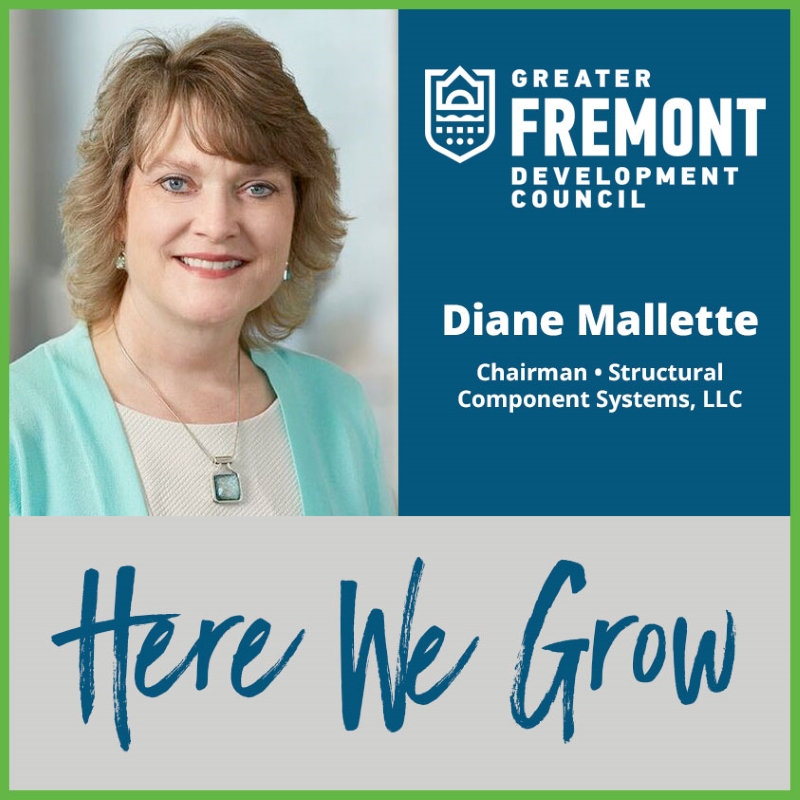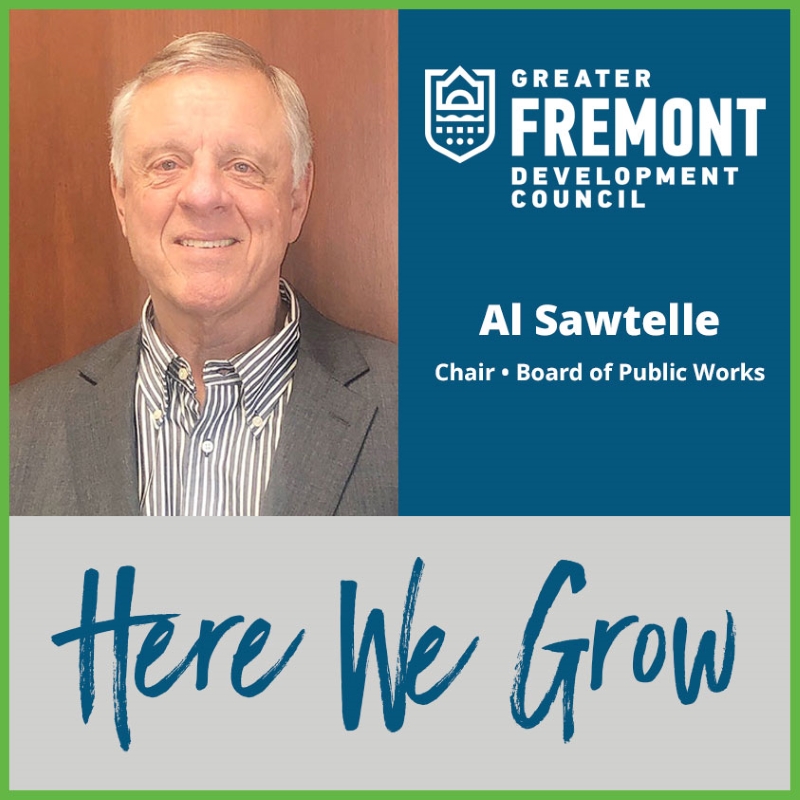Small Business Education Series Session 2: BAIL Panel (banking, accounting, insurance, legal) • Thursday, May 19, 2022
22 Jul 2022
 Pictured left to right: Matt Mueller - FNBO, Dan Wiesen - Erikson & Brooks, Preston Walford - Eric Luebbe, and David Mitchell - Yost Law Firm
Pictured left to right: Matt Mueller - FNBO, Dan Wiesen - Erikson & Brooks, Preston Walford - Eric Luebbe, and David Mitchell - Yost Law Firm
If you missed our last Small Business Education Series session, check out the article below! This session was a panel discussion between business experts from the community. Matt Mueller - FNBO, Dan Wiesen - Erikson & Brooks, Preston Walford - Eric Luebbe, and David Mitchell - Yost Law Firm all represented the BAIL panel (banking, accounting, insurance, legal). A huge thank you to those that were able to participate. Check out some of the highlights from the discussion below!
1. Question: At what point should a small business owner or entrepreneur reach out for your services?
“I should probably be one of the first ones to come see. Just because, not only do we do loans and things with startup, but we really do help with business planning and kind of getting things off the ground. So, off the shoot if you have some ideas of what you're trying to accomplish, putting together a business plan is a great way to do it. Sometimes we require them for loans if you are looking for that, but it's always just a great best practice to do. If you are thinking, “Alright, this is what I want to do with my business in the next three to five years…” Well, when you get to that third or fifth year, it's always good to kind of look back at that business plan to see, “Hey, did I accomplish those things?” It can also kind give you an awakening of, “Woah, I'm going to really need some capital or some other things to really get this business going.” We can help you do that at the bank. We are an SBA preferred lender. So, we do help out with a lot of business planning and trying to get things off the ground. I kind of feel like that's a good place to start and then when we're ready I usually introduce them to business partners in the community, when that time comes that they need that next step. I do feel like we should be one of the first ones to talk to and we're free, right?” -Matt Mueller
2. Question: What would you say to someone that may be nervous or hesitant on approaching their BAIL team (banker, accountant, insurer, lawyer) in fear of a large bill showing up in the mail?
“I'm always very upfront about what I'm going to charge and that's why we drill into that first meeting in terms of really what are we looking at. I'm in to retain clients and not to gouge them because if you honk the clients right out the gate, you may get a big fee, but they're not coming back and they sure as heck are going to talk negatively about you. So, we always try to be really fair with the fees and recognize the type of project we're dealing with. I always have a good gut feeling of what a project is going to take and give kind of a range of things and what we can expect. A lot of the meetings, particularly those with new businesses are just covering these different bases and giving the clients things to think about so that we can revisit again and nail down a plan...The one thing I also suggest to the client is that if we don't do it right to begin with, you will pay us or somebody thousands and thousands of dollars when things unravel. Once you get crosswise with partners that don't have a way out, then the court system or some other type of dispute resolution system is what's next. Then, pretty soon you’ve got three guys paying lawyers at 300 bucks an hour and trying to work a problem out in a court system that is slow and grinding and can run up a bill between $10,000 to $20,000 in a big hurry, but a few hundred bucks up front can save you that, not guaranteed but it certainly can reduce the risk" -David Mitchell
3. Question: What is the biggest or most common mistake you see small business owners make when it comes to banking, accounting, insurance, and legal activities?
“I think not having updated financial information. A lot of people, they get started with a business and they think, “Okay, I can just work off of what is in my bank account. I've got cash in my account. I'm good, right?” Well, not necessarily. It depends on where that cash came from. Have you had to borrow some money from Matt? Well, yeah, you're using it but you have to pay some of that back. I've got a number of clients that at the end of the year we end up cleaning up all of their books, you know, because they don't keep a good record of their stuff throughout the year. So, of course that costs more money to do when we have to go in and clean things up. So, if you can keep updated financial information, provide a good financial statement, and that doesn't have to be anything fancy but something that you can generate on a monthly or quarterly basis just to see, number one, how you're doing. I mean, how do you know if you're making money? What can you do to maybe reduce taxes at the end of the year too. Yeah, I think updated financial information is very important.” -Dan Wiesen
4. Question: When it comes to insuring small businesses, what are some of the most commonly asked questions? Is there a “one size fits all” option, or does each business require a specifically curated policy that can cater to their business and personal needs?
"Yeah, there's not a one size fits all for sure. Everyone has a tailored program just for them. I think the most important thing is take 20 minutes to come down and let's sit down and have a conversation because I'll be able to gauge pretty quickly what lines of coverage you need, which carrier is going to be a good option for you, and exactly what we're looking for from your property casualty risk management needs. The mistake that I see people making a lot is trying to buy the cheapest policy right away, which ends up costing them more money in the long run. Each business needs something different. Some people just need general liability. If you're just running an Etsy store out of your house, you probably just need general liability, maybe some business personal property. When someone calls in and says “Hey, I need a quote, I just started this business…” It's going to take a lot longer conversation. How much equipment do you own? Do you have vehicles and/or employees? What are you expecting to have your annual sales next year? So, it can be a longer conversation, but it is necessary to get a proper policy put together. Chances are if you're a new business owner and someone sold you a policy in five minutes, there's probably an error in there somewhere that I can find.” -Preston Walford
The next session of the small business education series will be 2 parts, held the evenings of Thursday, August 11th and Thursday, August 25th.
More Topics






